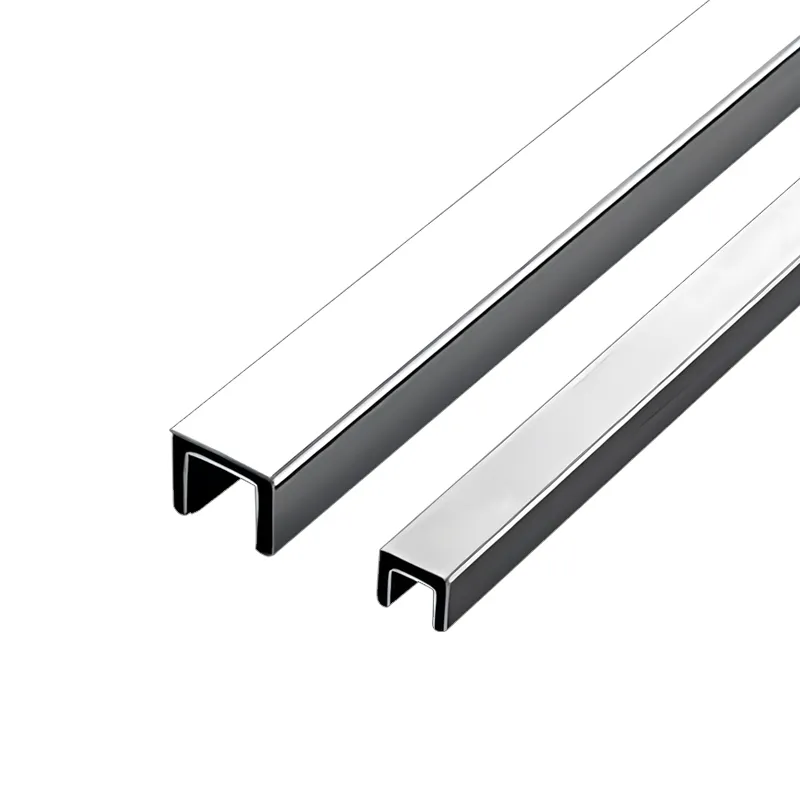
The Landscape of Auto Parts Manufacturing Companies
The automotive industry has long been a backbone of economies worldwide, and at the heart of this vast sector lies the intricate world of auto parts manufacturing. As the demand for vehicles grows, so does the need for high-quality components that ensure safety, performance, and efficiency. Auto parts manufacturing companies play a critical role in this ecosystem, supplying the necessary elements for both original equipment manufacturers (OEMs) and the aftermarket.
Overview of the Auto Parts Manufacturing Industry
Auto parts manufacturing encompasses a diverse array of components including engines, transmissions, brake systems, electrical systems, and more. These companies can be categorized into several segments Tier 1 suppliers, who provide parts directly to OEMs; Tier 2 suppliers, who produce components for Tier 1 suppliers; and aftermarket manufacturers, who create parts that can be used to replace or upgrade existing vehicle components.
The industry has seen significant transformations over the years, driven by advancements in technology, changes in consumer preferences, and the increasing focus on sustainability. Nowadays, modern manufacturing techniques such as additive manufacturing (3D printing) and automation are becoming prevalent, allowing for more precise and efficient production methods. This shift not only reduces costs but also enhances product quality.
Importance of Quality and Innovation
In auto parts manufacturing, quality assurance is paramount. Inferior components can lead to vehicle failures, which can have dangerous repercussions. Therefore, companies invest heavily in research and development (R&D) to innovatively design parts that meet or exceed industry standards. Moreover, compliance with regulations and safety standards enforced by regions such as the European Union and the United States is crucial for maintaining market access.

Innovative practices also extend to the materials used in auto parts manufacturing. The shift towards lightweight materials, such as aluminum and advanced composites, reflects the industry's response to the demand for better fuel efficiency and reduced carbon emissions. Manufacturers are also exploring eco-friendly options to reduce their environmental footprint, which aligns with global sustainability goals.
Challenges Facing Auto Parts Manufacturers
Despite the advancements and opportunities in the industry, auto parts manufacturers face numerous challenges. Global supply chain disruptions, as experienced during the COVID-19 pandemic, highlighted the vulnerabilities in sourcing raw materials and transporting goods. Additionally, the shift toward electric and autonomous vehicles poses both a challenge and an opportunity. Manufacturers must adapt their offerings to accommodate new technologies and systems that differ significantly from traditional combustion engines.
Labor shortages and the need for skilled workers present additional hurdles. As the industry becomes increasingly reliant on sophisticated technologies, the demand for skilled labor is on the rise. Manufacturers are responding by investing in training programs and partnerships with educational institutions to cultivate a skilled workforce.
The Future of Auto Parts Manufacturing
Looking ahead, the future of auto parts manufacturing holds promising possibilities. With the automotive industry gravitating towards electric vehicles (EVs), parts manufacturers are exploring the production of new components such as batteries and electric drivetrains. Collaboration between traditional manufacturers and technology companies will likely pave the way for innovations that redefine vehicle performance and sustainability.
In conclusion, auto parts manufacturing companies are integral to the automotive industry’s intricate ecosystem. As they navigate challenges and embrace innovation, their contributions will not only shape the cars of tomorrow but also influence global efforts toward sustainability. By prioritizing quality and adapting to market demands, these companies are set to remain at the forefront of this dynamic industry for years to come.